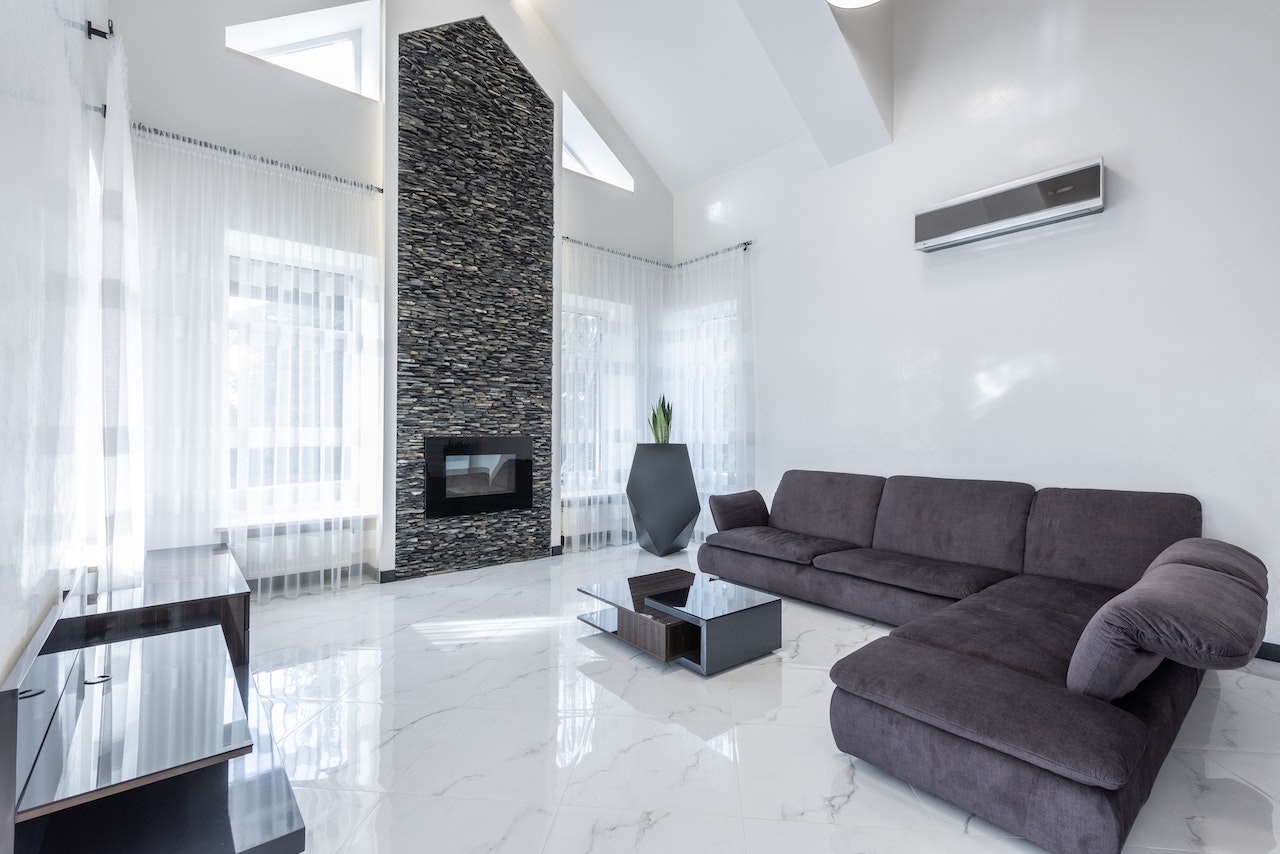Air conditioning units have become a staple in most homes and businesses. They keep us cool in scorching summers and make our environments comfortable. However, like all mechanical devices, air conditioning units can sometimes act up. Before panicking or spending unnecessary money, it’s wise to understand some common issues and how to address them. Some problems can be easily resolved by homeowners, while others require professional intervention.
This post will walk you through some of these common issues and guide you on when it’s time to call a pro.
1. Air Conditioning Not Turning On
This is a common issue and can be due to several reasons.
- Power Issues: First, check if your unit is plugged in and whether your circuit breaker has tripped. If it’s an electrical issue, resetting the circuit breaker might do the trick.
- Thermostat Issues: Ensure that your thermostat is set to “cool” and is lower than the room’s current temperature.
- Internal Problems: If none of these work, it could be a more complex internal issue. Companies like Air-Cond Installs WA specialize in such repairs and can assist in diagnosing and fixing the problem.
2. The AC Is Running, But Not Cooling
This can be frustrating, especially in the heart of summer.
- Dirty Filters: One common cause is a clogged or dirty filter. This can restrict airflow, reducing efficiency. Check and replace your filters regularly.
- Thermostat Settings: Make sure the thermostat is correctly set and working.
- Refrigerant Leaks: If your unit is low on refrigerant, it might not cool effectively. This usually means there’s a leak, which should be addressed by a professional.
3. AC Producing Unusual Noises
If your air conditioner is suddenly noisier, there might be a problem.
- Loose Parts: Sometimes, internal parts might get loose, leading to rattling or buzzing noises. This can usually be fixed with a simple tightening.
- Blower Issues: Screeching sounds might indicate a problem with the blower belt or motor. This requires professional attention.
- Clicking Sounds: These might indicate a relay problem.
4. Water Leaks From The AC
While air conditioning units produce condensation, excessive water leakage isn’t normal.
- Blocked Drain Pipe: This is a common cause for water leaks. You can try unclogging it or call a professional for help.
- Frozen Evaporator Coils: If the coils freeze, they can cause a water overflow. This might be due to reduced airflow from dirty filters or low refrigerant.
5. Bad Odors From The AC
Musty or burning smells are a definite cause for concern.
- Dirty Filters: A dirty or clogged filter can sometimes produce a musty smell. Replace it and see if the odor goes away.
- Electrical Issues: A burning smell can indicate an electrical problem. Turn off the unit immediately and call a professional.
6. Reduced Airflow
If your AC is on but the airflow feels weak, you have a problem.
- Dirty Filters: Yes, again! This is a recurring issue and emphasizes the importance of regular filter checks.
- Duct Issues: Leaks or blockages in the ductwork can reduce airflow. This requires professional inspection.
7. Short Cycling
If your AC is frequently turning on and off, it’s called short cycling.
- Dirty Coils: Over time, the evaporator and condenser coils can become dirty, leading to short cycling. Cleaning them might resolve the issue.
- Thermostat Placement: If the thermostat is in a location where it gets unusually hot, it might incorrectly read the room temperature. Relocating it could help.
- Refrigerant Issues: Low refrigerant can cause short cycling and requires a professional’s attention.
When To Call A Pro?
While some of these issues can be tackled with basic knowledge and a bit of DIY enthusiasm, others need an expert touch. It’s essential to know your limits. Here’s a quick guide:
- Call a Pro When: You’ve tried basic troubleshooting, and the issue persists; you suspect refrigerant leaks or electrical problems; the problem relates to internal parts like the blower or motor; you notice unusual smells, especially a burning odor.
- DIY If: The problem relates to power or thermostat settings; the filter needs cleaning or replacement; you hear minor noises that might be due to loose parts.
Conclusion
An air conditioning unit is complex, and while some issues can be easily rectified, others require professional expertise. Recognizing the signs of common problems can save you time and money. But when in doubt, it’s always best to consult with a professional, ensuring your comfort and prolonging the life of your AC unit.

